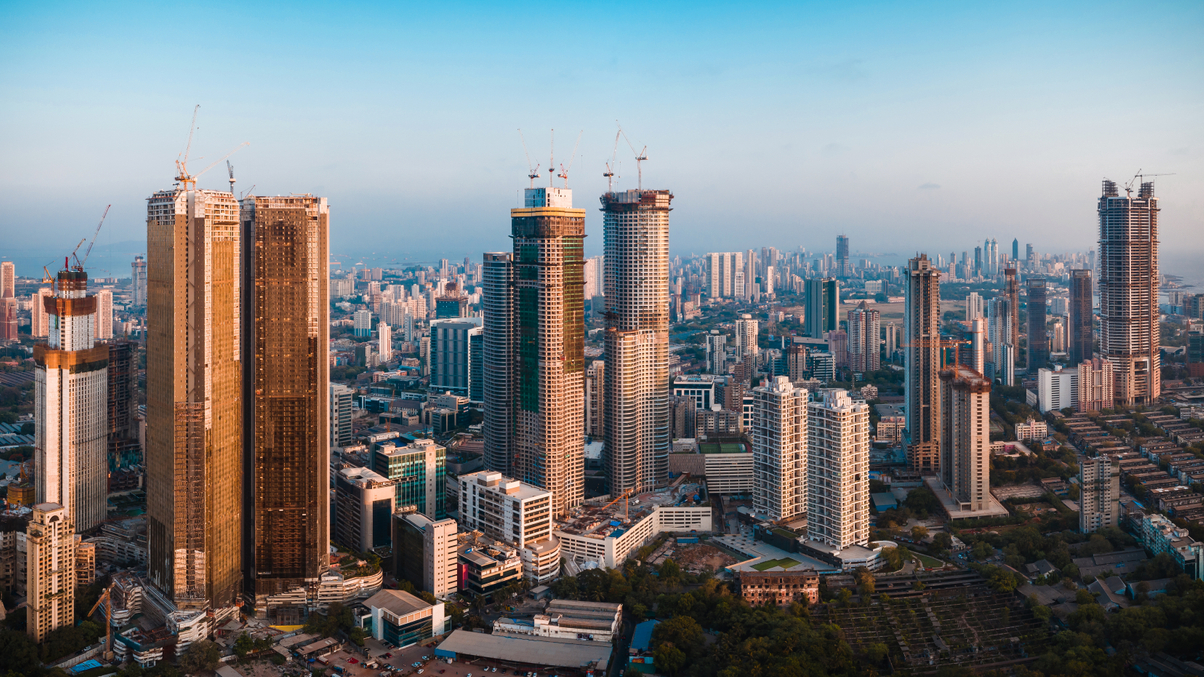Allianz planning private credit investing expansion in India
The German insurer's recent investment in Kotak’s real estate debt platform is the latest sign that global asset owners are continuing to eye Indian private credit strategies.

German insurance giant Allianz’s latest $150 million commitment to an Indian real estate debt fund marks the latest step in a plan to raise its investment into the country’s private debt market from $650 million to $1 billion by the end of 2021.
Sign in to read on!
Registered users get 2 free articles in 30 days.
Subscribers have full unlimited access to AsianInvestor
Not signed up? New users get 2 free articles per month, plus a 7-day unlimited free trial.
¬ Haymarket Media Limited. All rights reserved.


